The World Bank
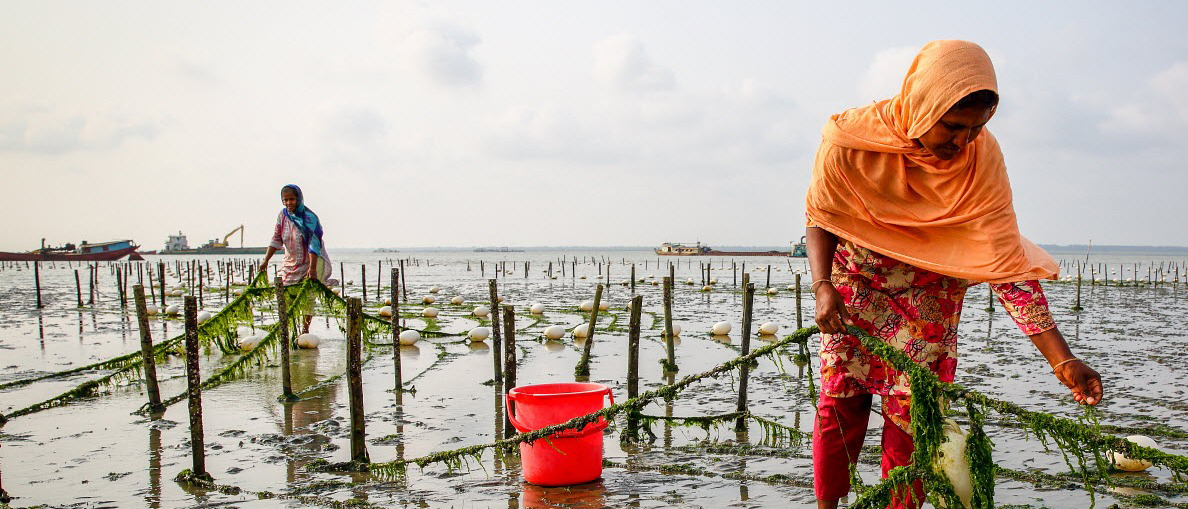
The World Bank is FAO’s largest and oldest partner, with a cooperative programme dating back to 1964. Through knowledge-sharing, policy expertise, innovation and investment support, the two partners are contributing to the World Bank’s ambitious new mission to create a world free of poverty on a livable planet.
In 2023 alone, the Centre contributed to the design of 22 World Bank-financed projects worth nearly USD 6 billion in new investment. The Centre also provided implementation support to ongoing World Bank-financed projects amounting to more than USD 43 billion.
FAO collaborates with the World Bank in key areas such as sustainable economic growth, climate-smart agriculture, irrigation, food security and nutrition, One Health, sustainable livestock systems, land tenure, agricultural risk management and digital
agriculture.
The two partners are stepping up efforts on the World Bank’s Program-for-Results, a lending mechanism that links fund disbursement directly to achievement of specific programme results.
On the policy front, the Centre works with the World Bank on agricultural strategies, sector and policy studies, public-private dialogues and capacity development activities. Topics range from decarbonizing agrifood systems to eradicating child labour in agriculture.
The two partners also continue to add to their growing body of joint investment knowledge products. This includes two major One Health studies in East Asia and the Pacific on strengthening investments in livestock health and wildlife systems, and publications on using remote-sensing for agricultural water management and climate-smart agrifood policies in Egypt, among many others.
Related links
- The World Bank
- FAO and the World Bank celebrate 60 years of collaboration
- The Word Bank Program-for-Results
Latest stories
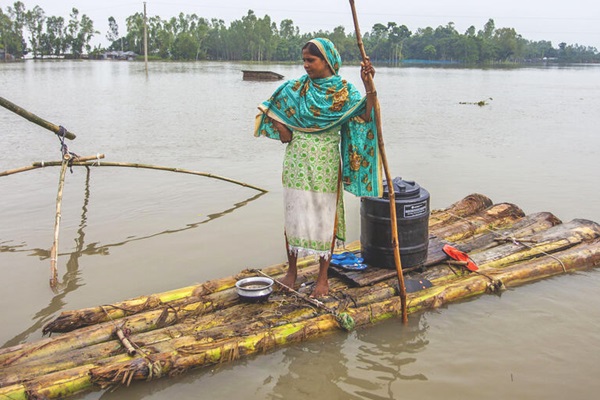
Vital investment to protect farming communities along the Jamuna River
21/06/2024
The Jamuna River in Bangladesh is one of the largest and most dynamic rivers in the world, providing a lifeline to millions of people. Yet, flooding...
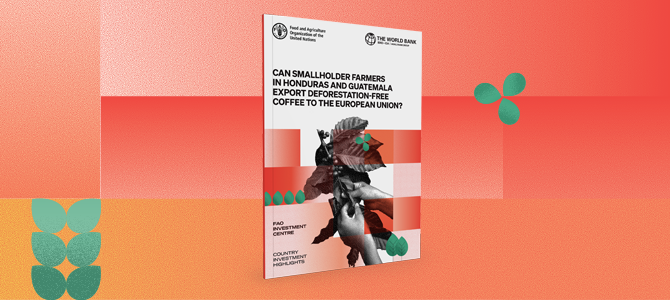
Change is brewing for sustainable EU coffee from Honduras and Guatemala
21/05/2024
The recently agreed European Union Deforestation Regulation (EUDR) is set to transform coffee production in Central America, bringing more sustainable...
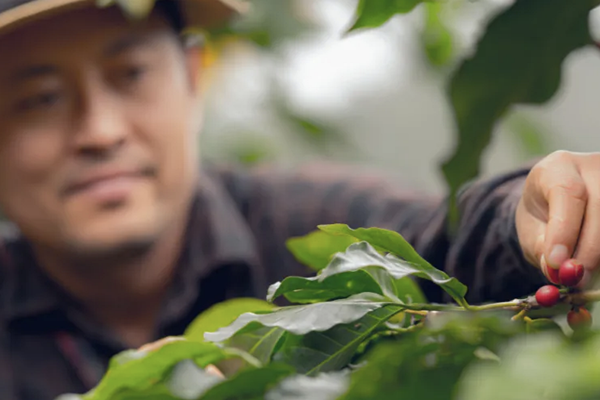
Can small farmers in Central America export coffee to the European Union?
19/01/2024
Coffee represents 14 percent and 52 percent of total agrifood exports in Guatemala and Honduras respectively, and a fifth of all exported Guatemalan...
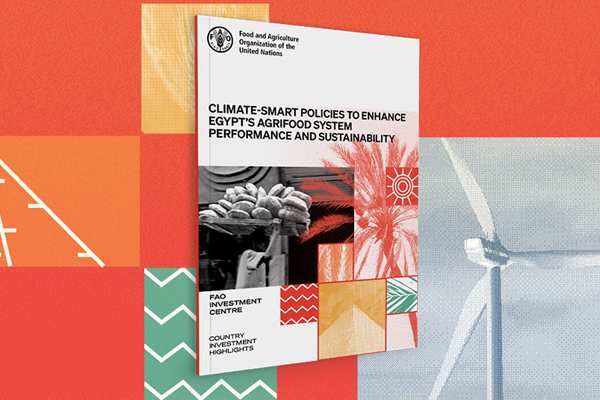
Country Investment Highlights
Redefining resilience in Egypt's agrifood future
13/12/2023
A new study from the Food and Agriculture Organization of the United Nations (FAO) Investment Centre in collaboration with the World Bank and launched...
Latest publications
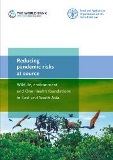
Reducing pandemics risks at source - Wildlife, environment and One Health foundations in East and South Asia
07/2022
Emerging infectious diseases (EIDs) are infections associated with new or significantly-expanded geographic scope or spread of zoonotic, vector-borne, and drug-resistant...
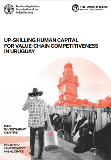
Up-skilling human capital for value-chain competitiveness in Uruguay
10/2021
Investing in farmers - or agriculture human capital - is crucial to addressing challenges in our global agri-food systems, from...
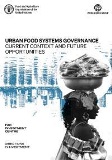
Urban food systems governance
03/2021
This report presents insights and emerging lessons on food systems governance from the experience of nine cities that have developed...
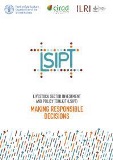
LSIPT Livestock Sector Investment and Policy Toolkit
01/2020
The Food and Agriculture Organization of the United Nations (FAO), together with...
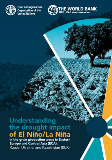
Understanding the drought impact of El Niño/La Niña in the grain production areas in Eastern Europe and Central Asia: Russia, Ukraine and Kazakhstan
04/2019
This study focused on assessing the statistical of spatio-temporal impacts on grain production areas in Russian Federation, Ukraine and Kazakhstan...
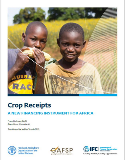
Crop Receipts: A new financing instrument for Africa
03/2019
Crop receipts are a promising innovation in agricultural finance first developed in Brazil about 20 years ago and recently replicated...
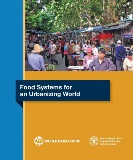
Food systems for an urbanizing world
06/2018
This report is a companion piece to the original report on Food Systems for an Urbanizing World (2018) and as...
